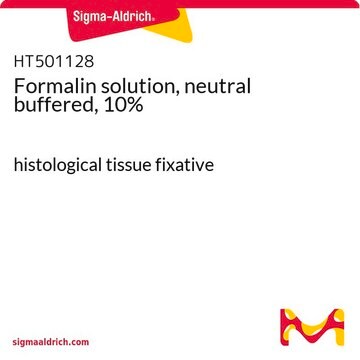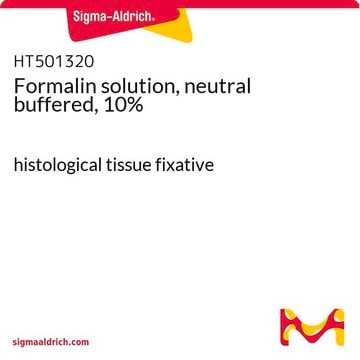8.18715
Paraformaldehyde
for synthesis
Synonym(s):
Paraformaldehyde
About This Item
Recommended Products
vapor pressure
1.93 hPa ( 25 °C)
Quality Level
Assay
≥95% (acidimetric)
form
solid
autoignition temp.
300 °C
potency
592 mg/kg LD50, oral (Rat)
expl. lim.
7-73 % (v/v)
technique(s)
immunofluorescence: suitable
pH
5.5 (20 °C in H2O, saturated solution)
mp
100-130 °C
density
1.4 g/cm3 at 20 °C
InChI
1S/CH2O/c1-2/h1H2
InChI key
WSFSSNUMVMOOMR-UHFFFAOYSA-N
Application
- Flame Retardants: Examines the use of paraformaldehyde in improving the performance of flame retardants without added antioxidants (P Sun, et al., 2024).
Linkage
Signal Word
Danger
Hazard Statements
Precautionary Statements
Hazard Classifications
Acute Tox. 4 Inhalation - Acute Tox. 4 Oral - Carc. 1B - Eye Dam. 1 - Flam. Sol. 2 - Muta. 2 - Skin Irrit. 2 - Skin Sens. 1 - STOT SE 3
Target Organs
Respiratory system
Storage Class Code
4.1B - Flammable solid hazardous materials
WGK
WGK 2
Flash Point(F)
Not applicable
Flash Point(C)
Not applicable
Certificates of Analysis (COA)
Search for Certificates of Analysis (COA) by entering the products Lot/Batch Number. Lot and Batch Numbers can be found on a product’s label following the words ‘Lot’ or ‘Batch’.
Already Own This Product?
Find documentation for the products that you have recently purchased in the Document Library.
Customers Also Viewed
Our team of scientists has experience in all areas of research including Life Science, Material Science, Chemical Synthesis, Chromatography, Analytical and many others.
Contact Technical Service










